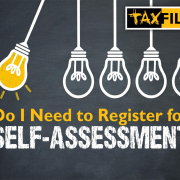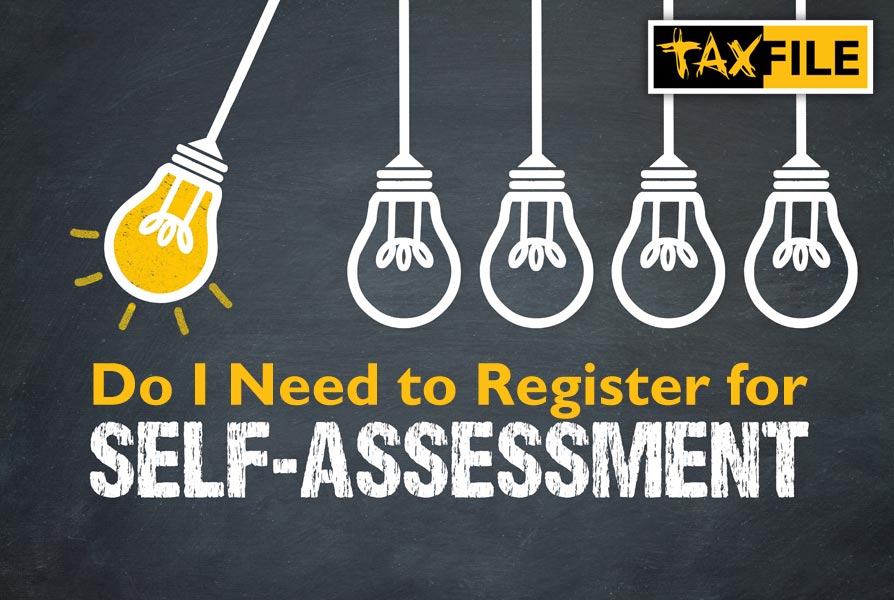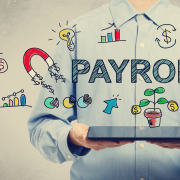Companies House ID Verification 2025: A Director’s Guide to the New UK Rules

A major change is coming for all UK company directors in 2025. Companies House is introducing mandatory identity verification and we’ve created this essential guide to explain what the new director ID verification rules mean for you, ensuring you stay compliant and avoid significant penalties.
These new measures are part of the Economic Crime and Corporate Transparency Act (ECCTA), a significant piece of legislation designed to improve the quality of data on the UK Companies Register and prevent corporate structures from being used for fraudulent activities.
This guide will walk you through the key changes, deadlines, and the exact steps you need to take.
What Are the New Director ID Verification Rules?
The core of the new legislation is the requirement for all new and existing company directors and other key individuals to verify their identity with Companies House. The goal is to ensure that every registered company has a real, verified person behind it, making it much harder to appoint fictitious directors or hide beneficial ownership.
This is a one-time verification process per individual, regardless of how many directorships you hold.
Who Needs to Complete the Companies House Identity Verification?
The new identity verification requirements apply to a wide range of individuals. You will need to verify your identity if you are:
- An existing or newly appointed company director.
- A Person with Significant Control (PSC).
- A member of a Limited Liability Partnership (LLP).
- Any individual who files information or documentation with Companies House.
Key Deadlines:
When Do I Need to Be Verified By?
The rollout of these new ID check rules is happening in phases. It’s crucial to be aware of these dates:
- From April 8, 2025 (Voluntary Verification) — You can (and should) get ahead of the deadline by verifying your identity now.
- From Autumn 2025 (Mandatory for New Appointments) — ID verification will be compulsory for all new company incorporations and for any newly appointed directors or PSCs.
- Autumn 2025 – Autumn 2026 (Transitional Period for Existing Directors) — If you are an existing director, you will have a 12-month window to verify your identity. This period will be linked to your company’s confirmation statement filing date.
- From Spring 2026 (Mandatory for Filers) — Anyone who files documents with Companies House, such as accountants or administrative staff, must have a verified identity.
Step-by-Step:
How to Complete Your ID Verification
There are two official methods for completing your director identity verification:
1. Directly with Companies House (digital route): This is a free digital process using the GOV.UK One Login system. You will need a form of photo ID, such as a passport or UK driving licence. The system will ask you to take a photo of your document and then a “selfie” to biometrically match your identity.
2. An in-person option at a Post Office will be available for those unable to use the digital service.
Penalties for Non-Compliance:
What Happens If You Don’t Verify?
Companies House is taking these new rules very seriously. Failing to verify your identity within the deadline is not an option. The consequences of non-compliance are significant and include:
- A Criminal Offence — It will be a criminal offence for the unverified individual.
- Financial Penalties — You could face substantial fines.
- Inability to Act — You will be unable to legally act as a director.
- Filings Blocked — You will be barred from filing any documents for your company.
- Director Disqualification — You could be disqualified from being a director.
- Reputational Damage — The public register will flag your status as “unverified,” which could damage your company’s credibility.
Frequently Asked Questions (FAQ)
Q: Is Companies House identity verification free?
A: Yes, verifying your identity directly with Companies House using the GOV.UK One Login system is free.
Q: What documents do I need for the ID check?
A: You will typically need a form of photographic ID. A valid passport or a UK photocard driving licence are the most common documents used.
Q: What happens if I am a director of multiple companies?
A: You only need to verify your identity once. The verified status will then be linked to your name and apply across all your directorships.
Taxfile
This guide was brought to you by Taxfile, South London’s favourite accountants and tax advisors. We help individuals, sole traders, the self-employed, and limited companies with all aspects of accountancy and tax including accounts, bookkeeping, tax returns and much more.
For help with any accounting or tax matter, call Taxfile on 0208 761 8000 or choose an option below:





